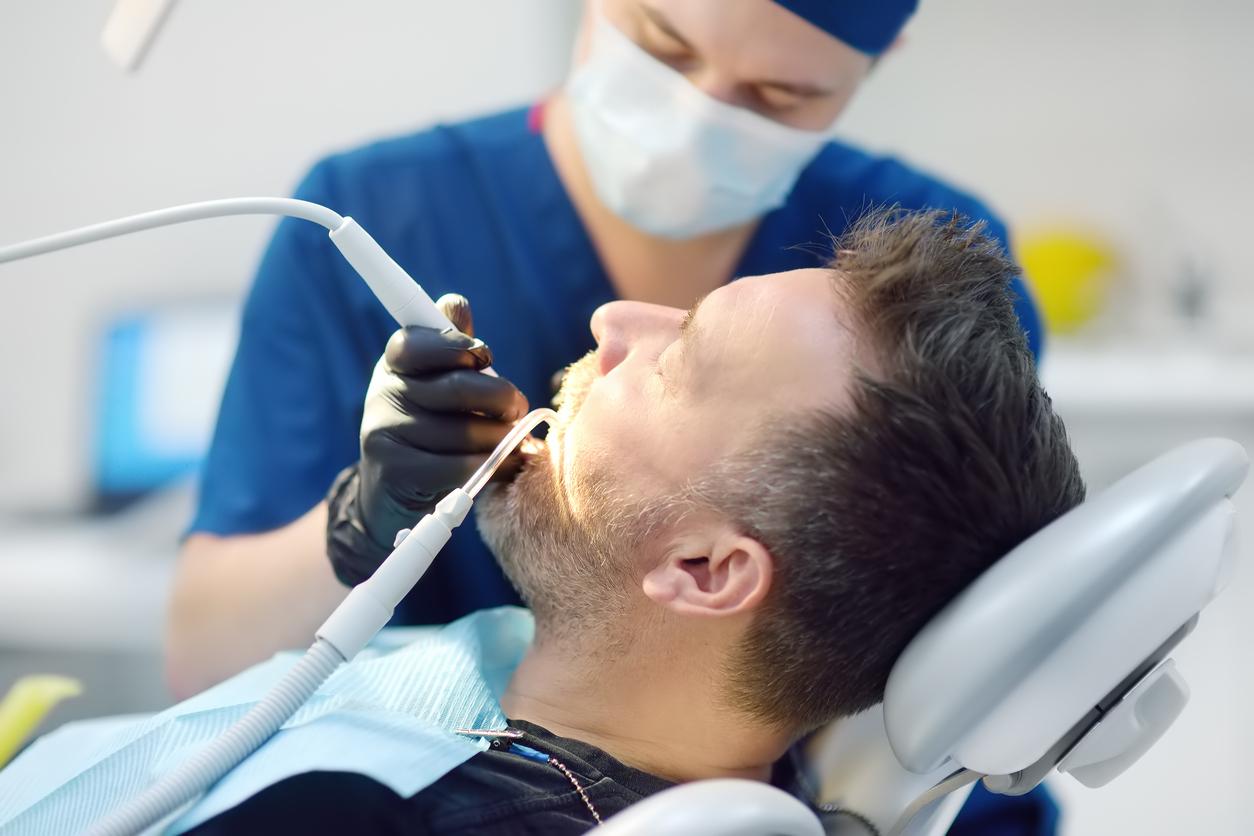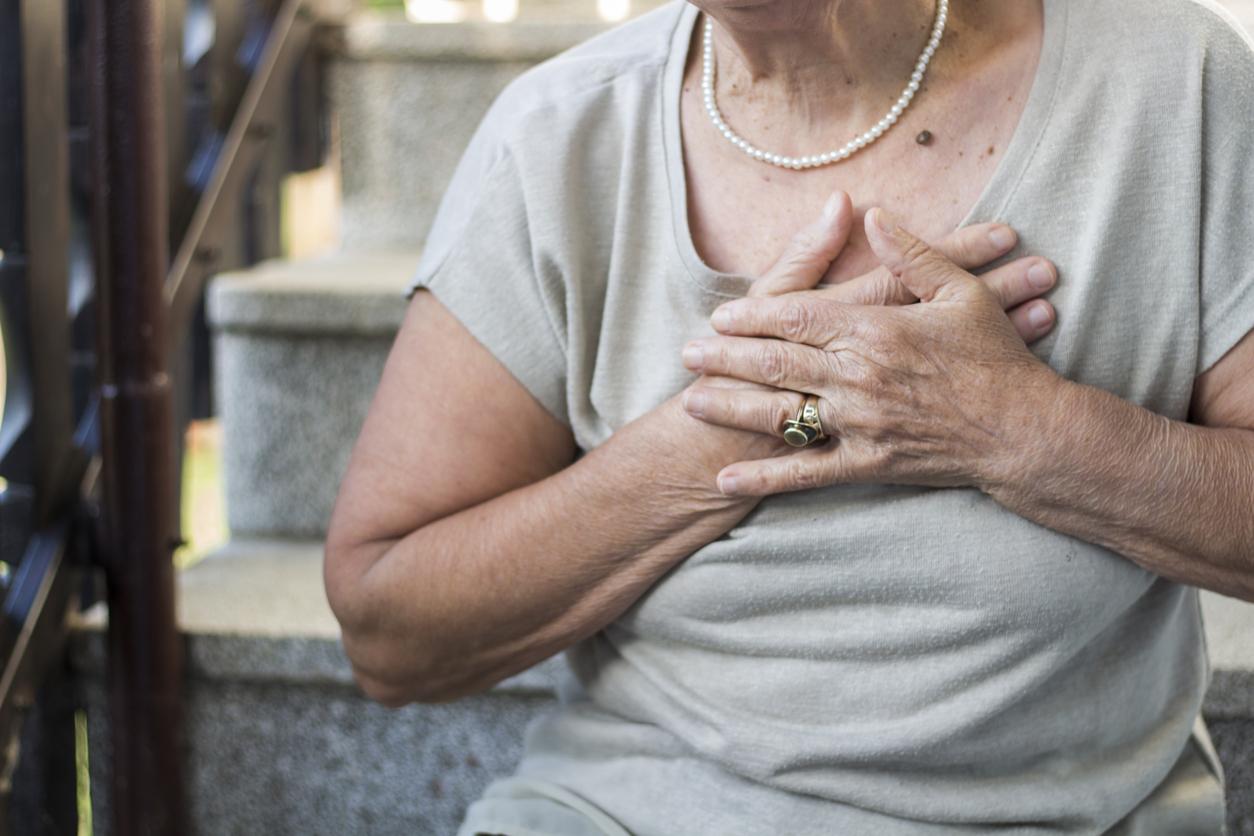One in three older people takes sleeping pills. The Haute Autorité de Santé wishes to curb this inappropriate consumption in half of the cases by addressing the general public directly.

“An elderly person who has been taking a sleeping pill every night for several months, must wonder why she is taking them”, warns Dr Sylvie Royant-Parola, psychiatrist and president of the Morphée Network. One third of people over 65 consume these drugs on a regular basis. According to the latest health insurance data, they are exposed to these drugs for an average of seven months! However, to be effective, these products should not be taken for more than 30 days maximum. This overconsumption can cause deleterious effects: dependence on the product, balance disorders and risk of falls, memory problems.
Listen to Dr Armelle Leperre-Desplanques, head of department at the Haute Autorité de Santé: “ Chain consequences for the elderly “.
Faced with this typically French problem (our neighbors consume 3 to 5 times less sleeping pills), the High Authority of Health (HAS) is trying to put a stop to prescriptions, especially since one in two would be inappropriate. Doctors must therefore mobilize, but the whole family too. “Everyone must be informed: people who at retirement age or menopause complain of sleep problems, but also younger people, to prevent them from falling into the downward spiral. overconsumption, ”insists Dr Armelle Leperre-Desplanques, head of department at HAS.
For the first time, the HAS wants to involve the general public in the face of these drug misuse. A attach has been provided for them in the waiting rooms. But not only: “we have the support of patient associations such as the association for the fight against nosocomial infections and medical accidents (LINK ), specifies Dr Armelle Leperre-Desplanques.
To avoid systematically asking for a sleeping pill from your doctor, the HAS recommends studying the quality and duration of sleep with your doctor. “Only 1 to 2 complaints out of 10 would be real insomnia,” recalls Dr Royant-Parola, psychiatrist. The complaint of sleep in the elderly must be the subject of a specific interview during a dedicated consultation. Pain, anxiety, depression, urinary problems or even sleep apnea are all events explaining a sleep disorder and which do not require taking sleeping pills. Everything can also be normal. “When we get older sleep changes, we sleep less at night and sleep is distributed differently throughout the day,” explains Dr. Royant-Parola.
With the help of his doctor, a person can gradually reduce the intake of sleeping pills and stop permanently. In 2007, doctors from the Ardennes reported an experience to the HAS. In order to lower their prescriptions of benzodiazepines, they have developed a questionnaire for the patient. 102 people of 74 years of average age, taking benzodiazepines for 1 to 40 years, benefited from these in-depth consultations. Result: 53% of them had stopped their use for 18 months, and 22% had considerably reduced the doses. “The CPAM and the MSA told us that we had reduced our prescriptions for psychotropic drugs by 30%,” testified Dr. Jean-Pierre Hilly. At the same time, some patients have managed to reduce their consumption of other drugs as well. “
The Haute Autorité de Santé wants to continue this type of experiment. In accordance with the advice of the Order of Physicians and the Order of Pharmacists, the HAS is once again disseminating recommendations and practical tools to help practitioners reduce these prescriptions. And by the end of the year, a reminder will be integrated into the prescription assistance software. Thus, each time a doctor prescribes a sleeping pill to an elderly person, he will be invited to offer his patient an appointment dedicated to the exploration of his sleep problems.
Listen to Dr Armelle Leperre-Desplanques, ” stop sleeping pills, it’s a global strategy. “
To regain a quality sleep, there are non-drug solutions: going to bed and getting up at regular times, favoring light meals in the evening, having a physical activity in the morning, “like a little walk in the great outdoors, this allows to expose yourself to daylight and that’s good for restructuring sleep, ”says Dr Sylvie Royant-Parola. Moderate physical exercise during the day helps to limit anxiety symptoms or mood disorders and promotes sleep.
Listen to Dr Sylvie Royant-Parola: “ Don’t spend too much time in bed “
.















